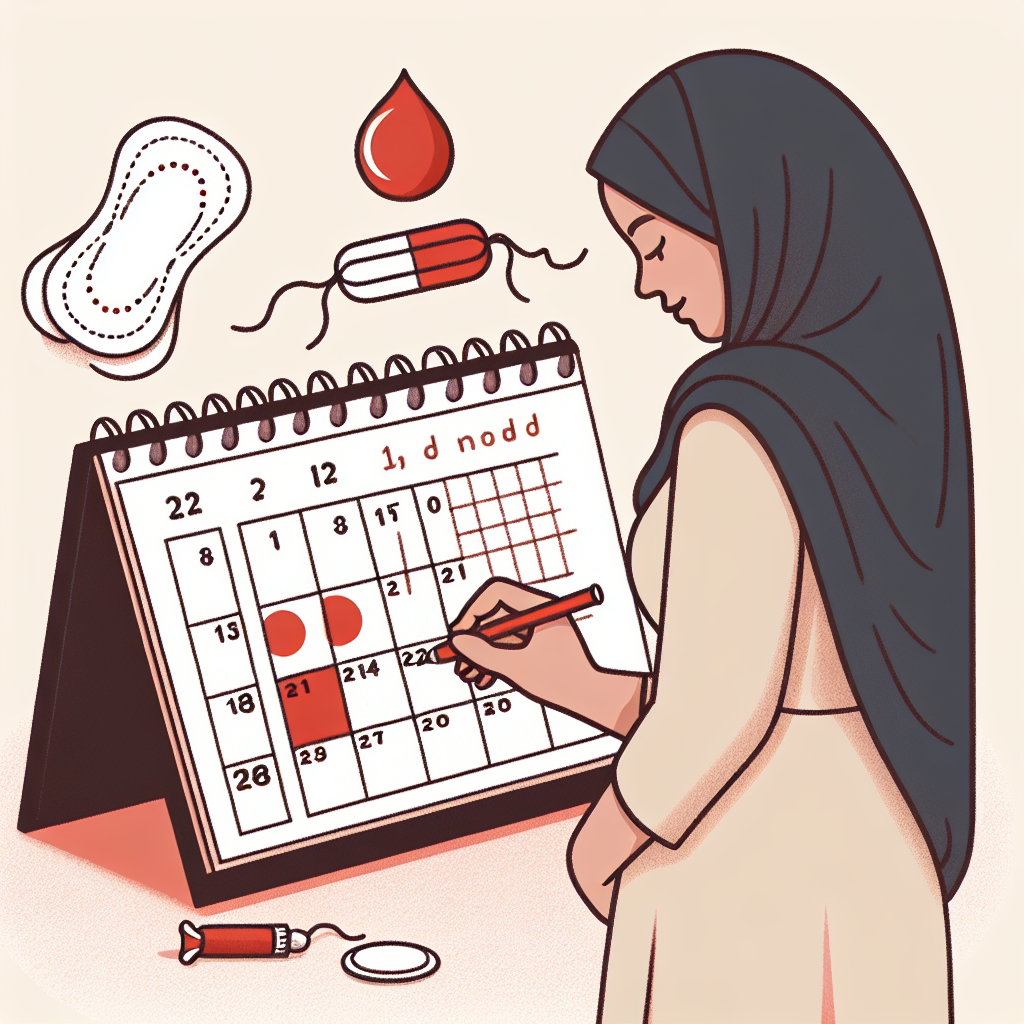Breaking the Cycle: Unveiling the Impact of Menstrual Absenteeism
A study published in The Lancet Global Health reveals that nearly 20% of women and girls in South Asia and 15% globally abstain from daily activities during menstruation. Highlighting the impact of menstrual absenteeism, the study calls for further research and public health interventions to address gender inequalities.

- Country:
- India
New research published in The Lancet Global Health underscores a significant issue: nearly 20% of women and girls in South Asia refrain from participating in daily activities during their menstruation. The study indicates a global average of 15%, with West and Central Africa following close behind South Asia.
Over 6,73,300 women aged 15-49 across 44 countries were surveyed by a team, including researchers from the University of Melbourne. The study found that household wealth and access to menstrual products did not correlate with the prevalence of menstrual absenteeism. However, having private washing facilities at home did increase the likelihood of menstruation-related absences.
Interestingly, the use of hormonal contraceptives was linked to reduced absences, suggesting a management opportunity for symptoms like heavy bleeding and pain. The authors emphasize that addressing menstrual absenteeism is vital for improving women's quality of life and tackling global gender inequalities.
(With inputs from agencies.)










